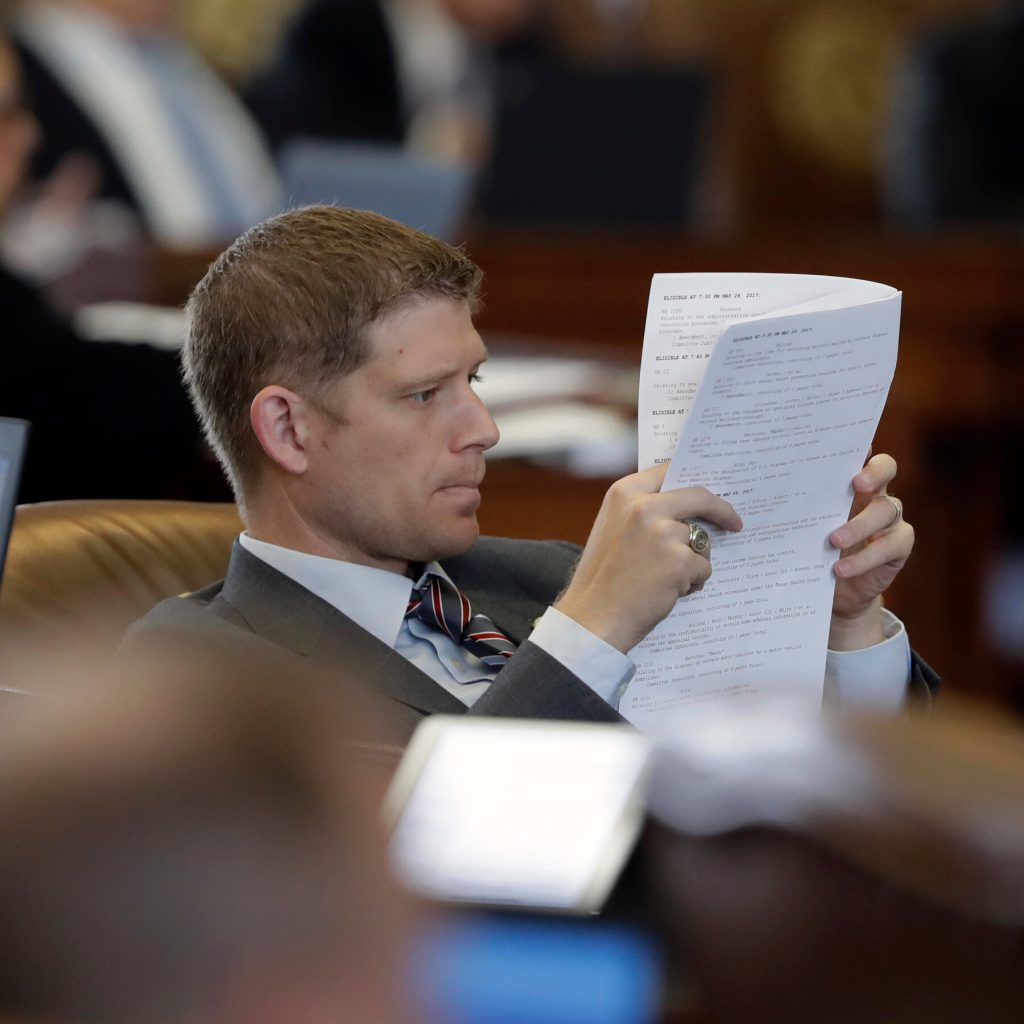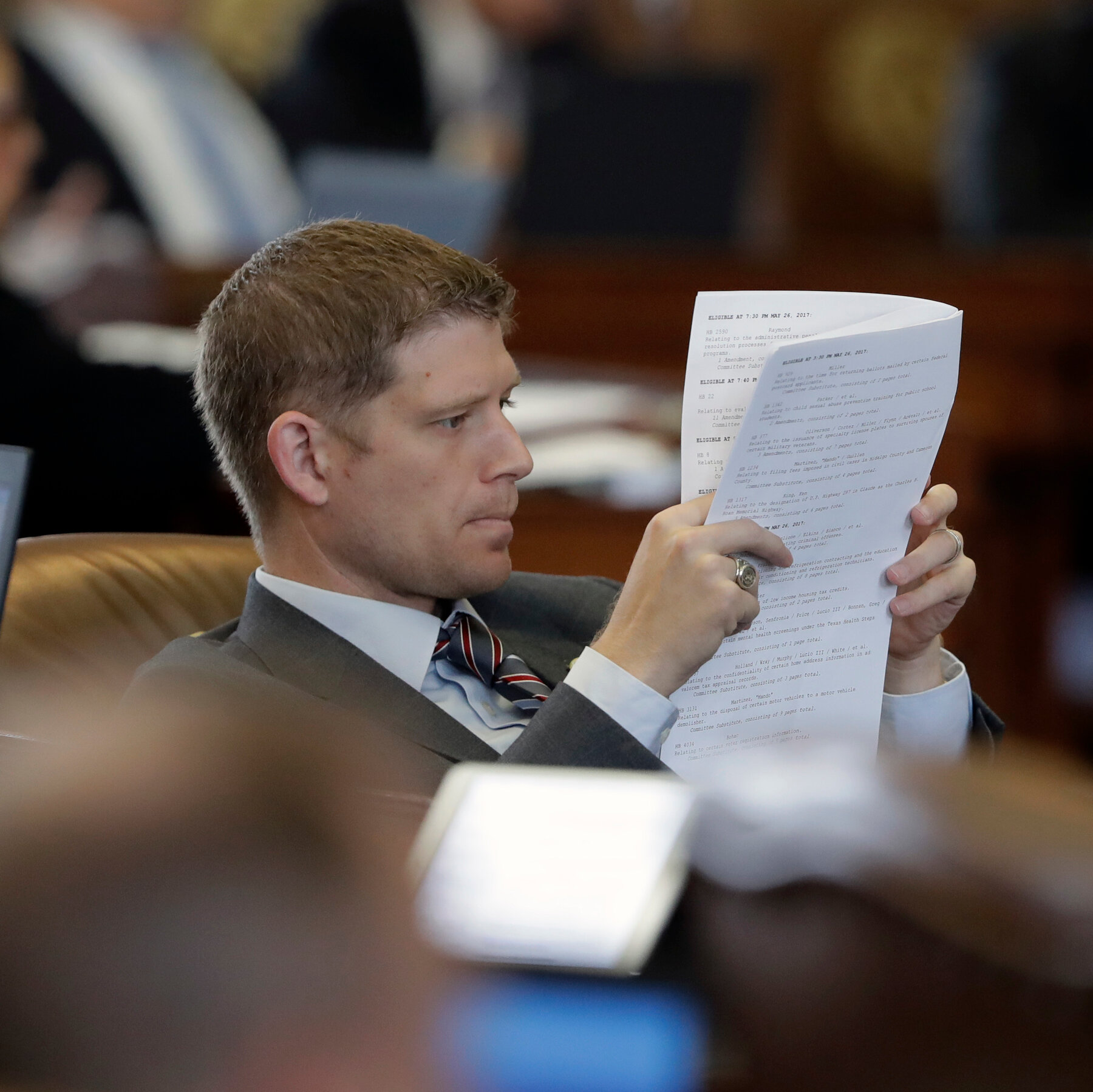
Texas Republican Bill Proposes Penalties for Museums Displaying “Obscene” Art

Texas Museums Face Free Speech Crisis Amid Proposed Censorship Bill
In a move that has ignited national debate about free speech and artistic freedom, Texas lawmakers are advancing a new bill that could severely penalize museums for exhibiting artwork considered “obscene or harmful.” The legislation, introduced by Republican Representative David Lowe, is seen by civil rights organizations and art advocates as a direct response to the controversy surrounding the temporary seizure of photographs by acclaimed photographer Sally Mann.
The Controversy Over Sally Mann’s Work
The case began in January when the Fort Worth Police Department, responding to complaints from conservative groups, confiscated four of Sally Mann’s photo works from the Modern Art Museum of Fort Worth. The images—“Popsicle Drips” (1985), “The Wet Bed” (1987), and “The Perfect Tomato”—feature Mann’s children and include frontal nudity. While these works have been displayed and published by major art institutions globally for decades, some Texas officials claimed the images bordered on child exploitation, despite widespread recognition of their artistic and non-sexual nature.
The new bill, filed shortly after this incident, threatens civil penalties of up to $500,000 for museums deemed to display what the state defines as “obscene or harmful material.” Notably, museums could also incur daily fines for keeping such content on display, placing intense financial pressure on cultural institutions.
Legal and Artistic Implications
“If passed, this legislation will have a chilling effect on artistic expression in the state of Texas,” said Elizabeth Larison, director of the arts and culture advocacy program at the National Coalition Against Censorship. “No state legislature has the power to criminalize or ban expression that is fully protected by the First Amendment.”
Critics argue the bill is not only unconstitutional but also politically motivated. Civil rights organizations such as the ACLU of Texas describe the proposed law as an effort to intimidate artists and curators under the guise of protecting minors.
“The people of Texas, not government officials, should have the freedom to decide what forms of art we want to view and support,” said ACLU Staff Attorney Chloe Kempf in a statement. “This bill threatens our constitutionally protected right to artistic expression.”
Context and Public Response
The exhibition that featured Mann’s work, titled Diaries of Home, included contributions from 13 other artists and opened last November. It became the target of criticism from the conservative media outlet Dallas Express, which reported complaints from a resident who objected to the inclusion of “naked children and LGBTQ+ content.”
Soon after, Representative Lowe publicly committed to closing what he called loopholes that allow “predators to misuse the realm of art to display child nudity.” His new bill is, by his admission, inspired directly by this controversy, which he argues is a matter of safeguarding children’s welfare.
However, the legal system has thus far not supported claims that the exhibition violated any laws. A Tarrant County Grand Jury declined to charge museum staff, prompting expectations that the seized works would be returned to the museum, albeit after the exhibition ended on February 2.
A Broader Threat to the Art World
This proposed law fits into a growing trend of legislative actions across the United States where cultural expression—particularly works involving race, sexuality, and identity—has come under increasing fire. In this legal climate, museums and galleries may find themselves caught in politically charged battles that threaten both their financial stability and their curatorial independence.
Art historians, curators, and artists alike express concern that such laws will lead to self-censorship, eroding the capacity for art to grapple with complex social and personal themes. “All too often, nudity—even that of children—is mistaken for sexuality, and images are mistaken for actions,” Mann herself noted in a 2015 essay defending her work.
What Comes Next?
If the bill is signed into law by Governor Greg Abbott, it could take effect as early as September 1. Museums across Texas will have to decide whether to take on the legal risk of exhibiting controversial art or to preemptively remove content that could be targeted by the new law.
For now, the situation remains a flashpoint in the national debate over freedom of expression in the arts. As Kempf succinctly put it: “As we recently witnessed with the attempted censorship of Sally Mann, legislation like this seeks to intimidate artists and curators through baseless investigations and penalties against our artistic communities.”
With the stakes rising, institutions, artists, and viewers who value artistic freedom are watching closely to see whether Texas will uphold constitutional protections or set a precedent for increased censorship in the cultural sphere.